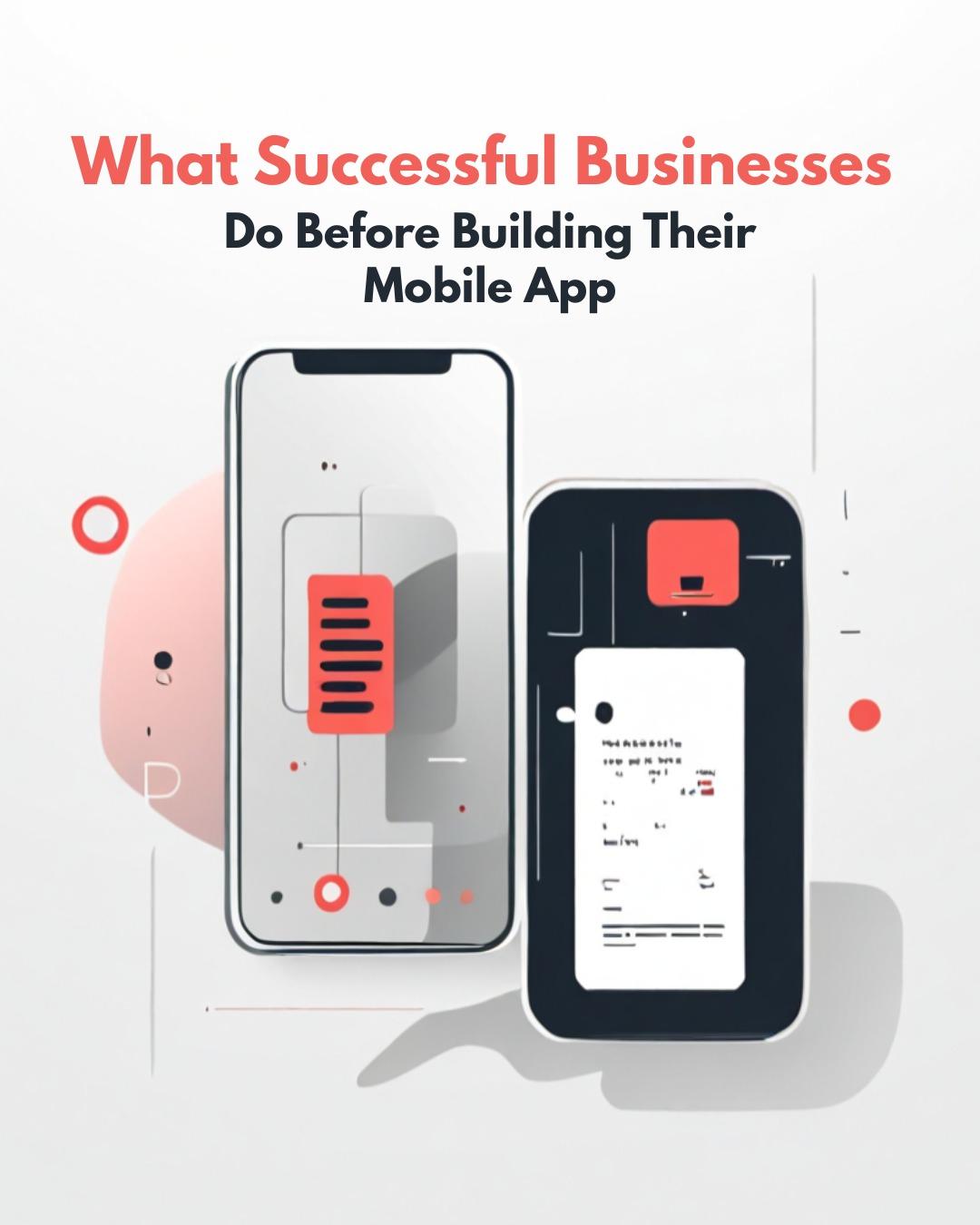In 2025, mobile applications will be a huge contributor to businesses that aim to engage with their audience. In mobile application development, a developer should decide between native and cross-platform development. Each approach of these has its own pros and cons that will eventually affect the app’s performance, user experience, and the development of the app itself.
In this blog post, we’ll explore what native and cross platform development is and the 5 pros and cons of each to help make an informed decision on which to choose and why.
What is native development?
Native development is when a developer creates or develops a mobile application for one platform only, for example, IOS only or Android only. This process requires them to develop the app using this platform’s specific language. For those who will develop an app for IOS only will use Swift and for Android they will use Kotlin or Java.
What is cross-platform development?
Cross platform development is when a developer creates or develops a mobile application for multiple platforms, for example, both IOS and Android using only one codebase.
Cross-platform has certain frameworks like Flutter, React Native, and Xamarin that allows the developer to only develop one code that works for all platforms
Pros and Cons:
Both cross-platform and native development has their pros and cons, let’s explore it
What are the 5 pros of Native development?
1. Enhanced performance
Since Native apps are developed for one specific platform only, this allows the developers to use this platform’s maximum capabilities and meet this platform’s specific requirements. By this way, it ensures achieving the maximum performance.
2. Offline usability:
Native mobile application development can perform offline without internet connectivity
3. More access than cross platform:
Developers using native app development has access on more platform’s feature while cross-platform doesn’t have this access
4. Enhanced security:
It has enhanced security measures, including face recognition and fingerprint
What are the cons of native development?
1. Requires higher cost:
Since native development requires developing and app for separate platforms, it requires a high number of resources which means a higher number of costs.
2. Takes longer time:
Native development works with different codebases catering different platforms, so it takes longer development time
3. Requires a high number of developers:
For example, native development needs 20 developers for IOS and 20 other developers for Android which is a high number of resources.
4. Limited code usage:
The codes written can serve one platform only which increases development efforts
What are the 5 pros of Cross-Platform development?
1. Reduces cost:
Since Cross-Platform requires only one codebase, it reduces costs of developing mobile apps
2. Achieves faster development:
Writing the code once and applying it across various platforms makes the development process faster and saves time.
3. Limited number of resources:
Cross-platform development requires few developers, for example, 20 developers could be enough, unlike native development.
4. Broad Reach:
Mobile apps that are launched for both IOS and Android maximize the app reach and user base.
5. Easier maintenance:
Since cross-platform is only using one codebase, this means that any updates and bug fixes are also applied to this one codebase once.
What are the cons of Cross-Platform development?
1. Multiple packages or libraries requirement
It includes multiple packages for various platforms, such as IOS and Android so it takes up more storage space.
2. Limitations in performance:
Cross-platform development can have limitations in performance more than native apps. Native apps tend to perform better.
3, Customization issues
Since cross-platform is working for various platforms, it is hard to tailor or customize to each platform’s unique capabilities.
Native Vs. Cross-Platform: What to choose?
Now that we know the pros and cons of native and cross-platform, which one to choose?
Well, choosing between cross-platform and native development depends on the purpose and the budget of your app.
If your app requires high performance and more advanced security, then choose native development. On the other hand, if you want to minimize the costs and shorten the timeline with one codebase, then cross-platform is your way to go.
Conclusion:
Choosing between native and cross-platform development usually depends on the project’s nature, needs, budget, and time frame. The projects that require scalability and higher performance, then native development is your right choice. On the other hand, if you want to minimize your costs and reach a wider audience at the same time, then cross-platform development would fit your needs better.
Have an app idea but don’t know where to start? Contact us now and let’s bring your idea to life.



